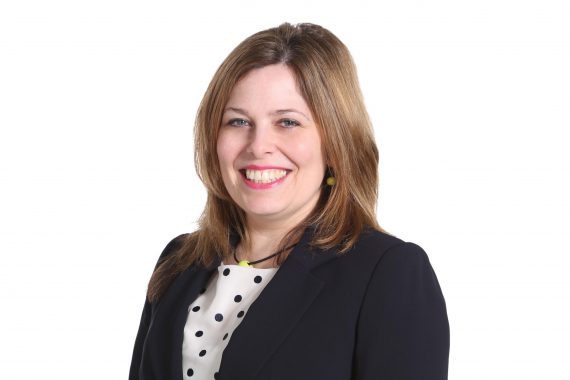A scathing Public Accounts Committee (PAC) report recently said that NHS Property Services (NHSPS) isn’t equipped to settle premises disputes with GPs. It’s been six years since NHSPS became the landlord of 18% of practices in England and Wales, yet 70% of its tenants haven’t signed leases in response to confused and often baseless demands for outstanding service charges.
The BMA has branded the situation ‘ridiculous’, and echoed the PAC’s calls for NHSPS to write off charges when they’re proven to be inaccurate, or where a charging position for the future is agreed and there’s no value to the health system to pursue historic billing.
This recommendation is welcome and there are cases I’m aware of where NHSPS has written off charges. But the PAC may not know how toxic some disputes have become.
Its report says the Department of Health and Social Care (DHSC) should set out a clear timetable within the next two months for NHSPS to agree leases with all tenants by July this year, alongside transparent debt recovery targets.
This isn’t achievable in the current climate. We’ve reached the point where only a far-reaching gesture of national significance is going to restore GP faith in the system. The DHSC should write off unsubstantiated historic charges wholesale.
It may sound like a radical step on paper, but the time and resource required to settle individual, increasingly protracted disputes means a clean slate could be a more cost-effective option for everyone concerned – especially when the money being disputed is so nebulous.
The issue is rooted in confusion over what GPs owe. When NHSPS was created, it inherited a £3.8 billion property portfolio from Strategic Health Authorities (SHAs) and primary care trusts (PCTs) abolished as a part of the same shake-up. Critically, it was tasked with collecting rent and service charges from tenants without leases that in many cases had never had to pay either cost directly before.
The Department of Health and Social Care should write off unsubstantiated historic charges wholesale
Pre 2012, in most cases rent and service charges were handled internally, transferred from one PCT department to another. When the system changed, the records NHSPS had at its disposal weren’t detailed enough for it to successfully fulfil its new role as a commercial landlord. This was particularly true in the case of service charges, which were inconsistent under SHA and PCT management and in many instances left without invoices ever being raised and without the knowledge of GPs.
On paper, NHSPS was faced with a large property portfolio and all the costs that go with ownership without a clear charging structure to justify collection from tenants that hadn’t ever formally agreed what they had to pay.
As a result, a significant proportion of the invoices NHSPS issued remain disputed. For service charges, most continue to lack detail, but contain reference and charge for services not undertaken, meaning GPs still can’t be sure what they’re paying for.
Now, following the publication of the PAC’s report, NHSPS is in panic mode. Several GPs I’ve been advising have received letters before action.
These notices could lead to statutory demands being served, which could ultimately lead to bankruptcy proceedings. This escalation can only make the negotiations needed to resolve complex cases more acrimonious when practices should be focusing on delivering quality health care services.
Now, if you’re a GP who receives any type of letter before action specifically for rent, it’s critical you reach out to your CCG immediately. The rent reimbursement system should cover the cost. Services charges, on the other hand, bring us back to where we started.
GPs are still well within their rights to dispute unsubstantiated charges. They’ll continue to do so and refuse to sign leases that set formal parameters until the situation is resolved. At this stage in the game, wiping the slate clean and starting again on footing that GPs and NHSPS can agree on long-term is arguably the best course of action.
Edwina Farrell is a partner at national law firm Weightmans LLP, with experience advising GPs on premises issues

















